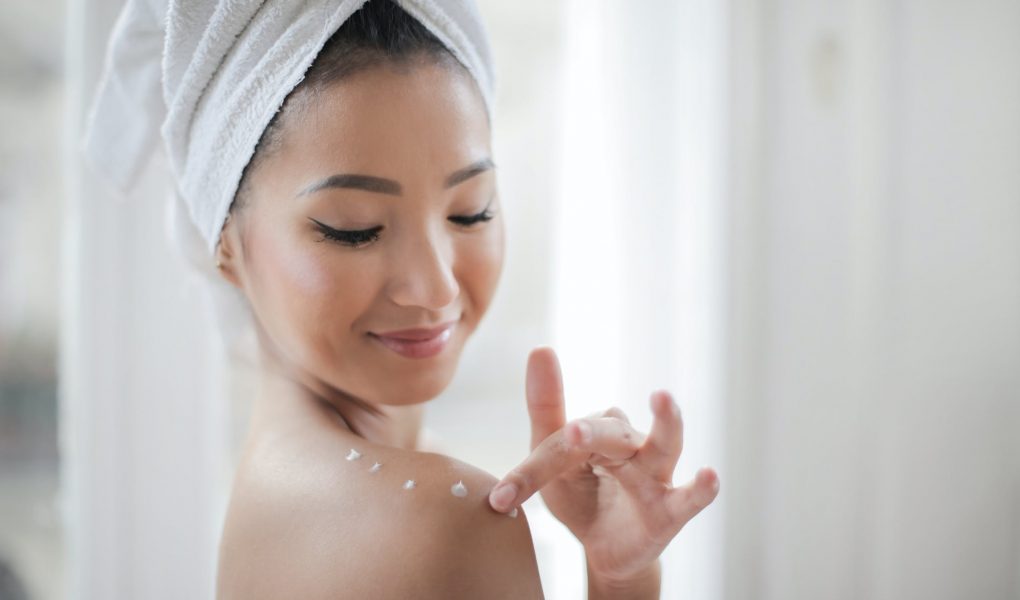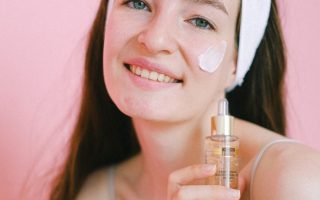Sensitive skin shows continuous hyperactivity to environmental factors and exhibits a reduced tolerance to frequent or prolonged use of cosmetics and toiletries. The skin displays signs of irritation such as erythema, desquamation or discomfort such as itching, burning and stinging. These conditions are becoming even more pronounced after exposure to dry and cold climates. Sensitivity can also increase with age. It has been reported for example that the skin gets more sensitive in women at the beginning of menopause.
Many ingredients usually included in cosmetics such as dimethyl sulfoxid, benzoic acid, salicylic acid, propylene glycol, lactic acid, sodium lauryl sulfate, sodium benzoate, cinnamic acid, sorbic acid are potential irritants. Formulations, in which a beneficial constituent is involved, can be detrimental for the skin in certain conditions. For example, a formulation containing a small molecule such as acid hydroxy acetic (AHA) with a lower pH can provoke sensations of tingling, itching or irritation when applied to sensitive, unhealthy or inflamed skin. Such reactions can be triggered by uncontrolled release of the acid, fast penetration into the skin and low pH.
The moisturizers, which enhance the barrier function of the skin can protect against different irritants. Therefore, choosing a good moisturizer is one of the most important steps for a healthy skin. Natural constituents such as: essential fatty acids (linoleic and gamma linoleic acids), vitamins, minerals, high percentage of water and water like ingredients are the basic stones for providing skin regeneration and nourishment. Humectants, such as glycerin have an important role in retaining skin moisture and support the elasticity of the skin. Antioxidants, such as protoanthocyanidins found in grape seed oil for example, are particularly helpful in stabilizing the collagen structure, which held tissues together. Other antioxidants such as, beta carotene, vitamin E, vitamin C and selenium are beneficial for overall protection against environmental condition and UV rays. And finally, the least chemicals in a cream, the least chances of irritation and adverse affects it has when applied onto the skin.
By using natural and organic skin treatments, you will receive the same beneficial effects to your health as you would eat an organic food. Natural products are easily assimilated through the skin, easily metabolized as they are recognizable molecules and the surplus is easily discarded. However, the skin adjustment to the natural regimen is not a rapid process and it doesn’t occur with one application. It is a long term commitment, which substantially increases your skin health and rejuvenating power.
You certainly may choose the shortest way of becoming suddenly perfect, by covering skin imperfection with makeup, or by choosing a strong synthetic cream, which might show you 5 years younger but usually with side effects.
In conclusion: give your skin the same attention as your inner body. Nourish it and protect it as you would nourish and protect your whole body. Don’t wait until is too late to change to a natural cosmetic regimen.




